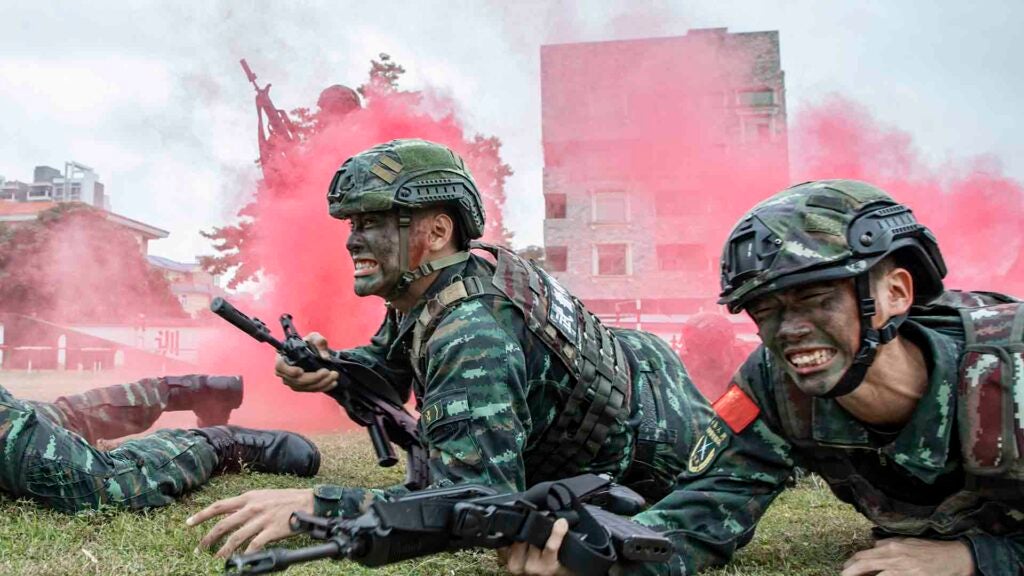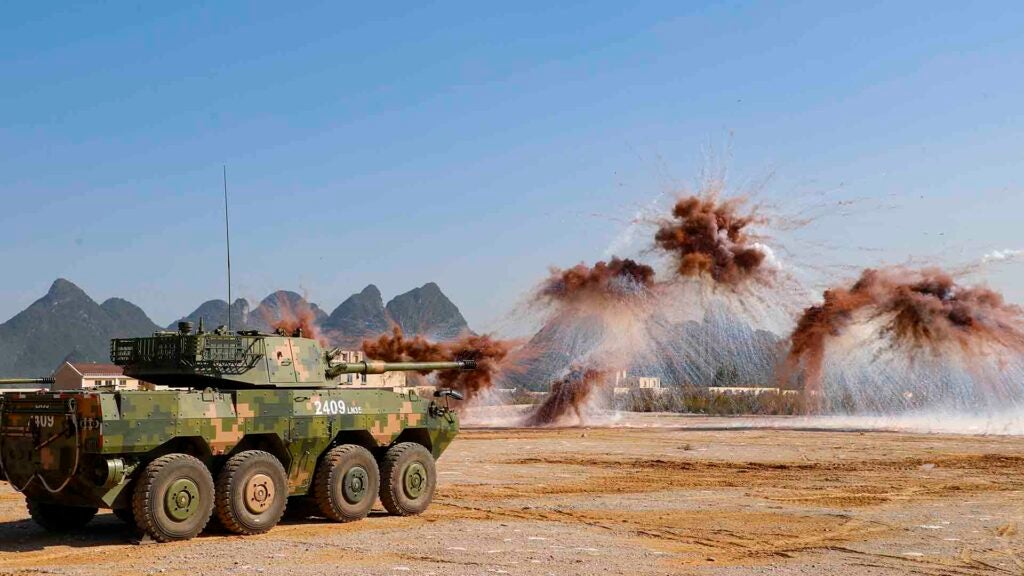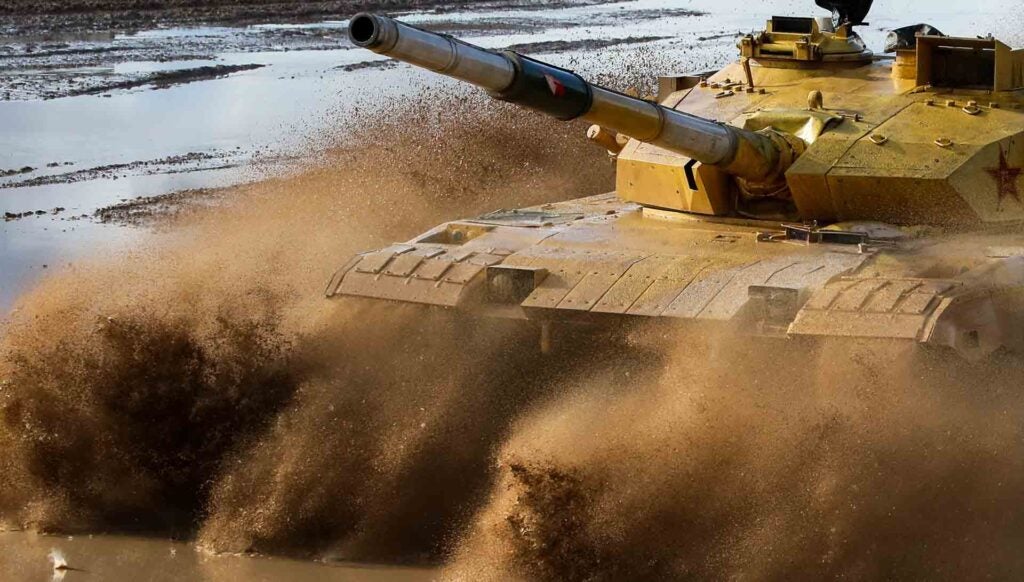Military leaders have consistently described China as the greatest threat to the United States, but they have said little publicly about how well the People’s Liberation Army can fight.
Defense officials have openly lamented that the Chinese military may be ahead of the United States in developing hypersonic weapons. China now also has the biggest navy in the world with 355 ships and submarines, compared to the United States’ fleet of 296 vessels.
The Defense Department has also warned that China plans to have at least 1,000 nuclear weapons by 2030, a nearly threefold increase from its current stockpile which is estimated to be roughly 350 nuclear warheads.
But one subject, in particular, that uniformed and civilian military leaders have not spoken much about is how many U.S. troops would be killed and wounded if America went to war with China, which has missiles that could potentially sink American warships and strike U.S. military installations.
Marine Lt. Gen. Karsten Heckl did not answer directly when Task & Purpose asked him on Wednesday about how many casualties the United States would likely suffer in a war against China, in part because he felt the question was “really, really broad.”

“We’re not doing an Iwo Jima again, right – that needs to be clear,” said Heckl, deputy commandant for combat development and integration, and commanding general of the Marine Corps Combat Development Command. “It’s not what we’re talking about.”
Heckl spoke at the 2022 West Conference in San Diego, California, which is hosted by the U.S. Naval Institute and Armed Forces Communications and Electronics Association. He said the Marine Corps is focusing its efforts to counter the threat posed by the Chinese Communist Party, and added that he did not like using the phrase “People’s Republic of China” to describe the communist regime because “there’s nothing ‘Republic’ about China.”
He also warned that the U.S. military is developing new weapons systems much slower than China.
“I’m tired of analyzing,” Heckl said at one of the conference’s panels. “It’s paralysis through analysis. We need to stop it. The Chinese aren’t waiting. Xi doesn’t go to a board of directors and ask – or worry about risk. And we are losing time.”
China is undergoing a massive military buildup that is expected to be completed by 2049, the 100th anniversary of the communist victory in the Chinese Civil War.

“Today, China has transformed what was an obsolete military into one that can challenge the U.S. military across the spectrum of conventional and unconventional capabilities,” a recent Government Accountability Office report found.
The Defense Department’s latest report on Chinese military power estimates that the People’s Liberation Army has about 975,000 active-duty troops in ground combat units.
Yet the question remains: How well do those Chinese ground forces perform tactically compared with U.S. soldiers and Marines?
That’s why Task & Purpose posed this very question to retired Navy Adm. Harry Harris, former head of U.S. Pacific Command, who was Wednesday’s keynote speaker at the conference.
“They’re not tested, for one thing,” Harris said. “I mean, they’re tested in small skirmishes, you know: India in the northern frontier area and stuff like that. But they’re not tested writ large like the U.S. ground forces: The Marine Corps, the Army. I think their ability to deliver those ground forces to the point of need is severely limited.”
Harris noted that during the United States’ chaotic withdrawal from Afghanistan, the U.S. military was able to airlift more than 124,000 people from Kabul to safety.

“What other country in the world could do that – could airlift 120,000 people on no notice at all?” Harris said. “So, I’m sure that lesson has been examined closely by our potential adversaries, and I don’t see the PRC as having that capability to deliver those ground forces anywhere in the world at the level that America can.”
He also said that American Marines and soldiers would be part of a joint force that includes the rest of the U.S. military, while the People’s Liberation Army’s ability to conduct joint operations is still not mature.
“I think if the PRC [People’s Republic of China] mainland was attacked, their ground forces would probably do well,” Harris said. “But, to go to some other point on the globe and fight in sustained combat against military forces like the Army and Marines and our allied military ground forces, I think would be – they’d be at a disadvantage.”
Regardless of whether Chinese troops are battle tested, the Pentagon sees China as an existential threat to the United States. The Marine Corps may not be planning to reenact the bloody World War II battle of Iwo Jima, but the U.S. military remains silent on what a war against China would cost those called upon to wage it on the ground.
What’s hot on Task & Purpose
Want to write for Task & Purpose? Click here. Or check out the latest stories on our homepage.
